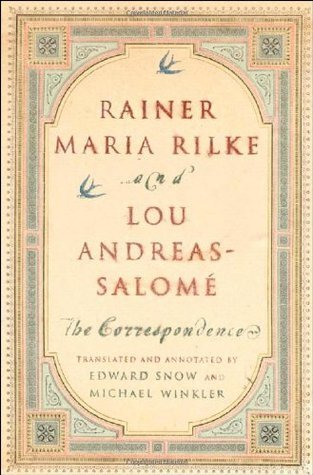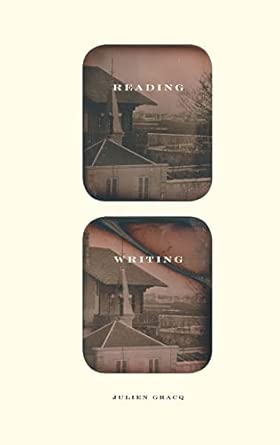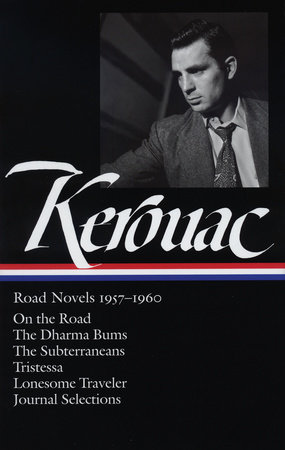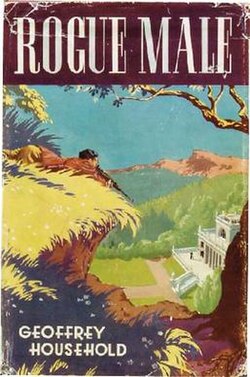fact

Rainer Maria Rilke and Lou Andreas-Salomé: The Correspondence
Rainer Maria Rilke and Lou Andreas-Salomé: The Correspondence (Norton) collects all of the extant letters exchanged by Rilke and Andreas-Salomé , a patron and fellow author, and (as the jacket copy describes her) “a key fin de siècle intellectual.”

Reading Writing
The French writer Julien Gracq, who will be ninety-seven this year, is a living link to the era of Louis Aragon and André Breton. Gracq has avoided the kind of recognition that most modern writers crave (he refused the Prix Goncourt in 1951), and his body of work is little known on this continent.

Re-hanging the National Wallpaper
When I lived in Ottawa in the 1970s, I used to enjoy passing lazy afternoons at the National Gallery looking at the pictures. I remember how surprised I was when I first encountered the Group of Seven collection. These paintings were completely familiar—I’d seen them in schoolbooks and on calendars, posters, t-shirts, everywhere—yet at the same time they were completely unexpected.

Paul Martin & Companies: Sixty Theses on the Alegal Nature of Tax Havens
When Paul Martin was prime minister, and before that finance minister, he was seen and known to be a politician rather than a private operator in the higher echelons of global capital; indeed, his business persona cast only the faintest of shadows. A

Into the Looking-Glass Wood: Essays on Words and the World
Alberto Manguel, this country's man of letters par excellence, has a new collection: Into the Looking-Glass Wood: Essays on Words and the World (Knopf), consisting of twenty-two essays cast in the assured voice of a man who knows the world and is kno

In Plain Sight: Reflections on Life in Downtown Eastside Vancouver
In Plain Sight: Reflections on Life in Downtown Eastside Vancouver (Talonbooks), edited by Leslie Robertson and Dara Culhane, is a book of interviews that have been shaped into stories by seven women who tell us about their everyday lives. Once you g
.svg)
Closing Time in the Gardens of the West
Cyril Connolly’s writings have been republished, as The Selected Works (Picador, 2002). I remember reading his work in my late adolescence and wondering how someone could write like that, in fragments and half-formed ideas, allowing his thoughts (and the reader’s) to go in a thousand directions at the same time, and yet lend his texts an overwhelming feeling of cohesiveness.
.svg)
Bologna Erases Canada
Bologna, Italy, known as both “the Fat” and “the Red,” is a city to a make a bookish vacationer salivate. Less overrun by package tours than Rome, Florence or Venice, Bologna combines superb food with the wonderful bookstores that seem to be the inevitable companion of left-wing politics.
.svg)
Letter from France
For reasons I can't make out, organizers of congresses and literary get-togethers throughout the world appear to have been inspired by a common theme: America. In Germany, in Spain, in France, in Holland, writers are being asked to talk about this faraway place that is either an overwhelming country or an underdeveloped continent.





























.png)















































